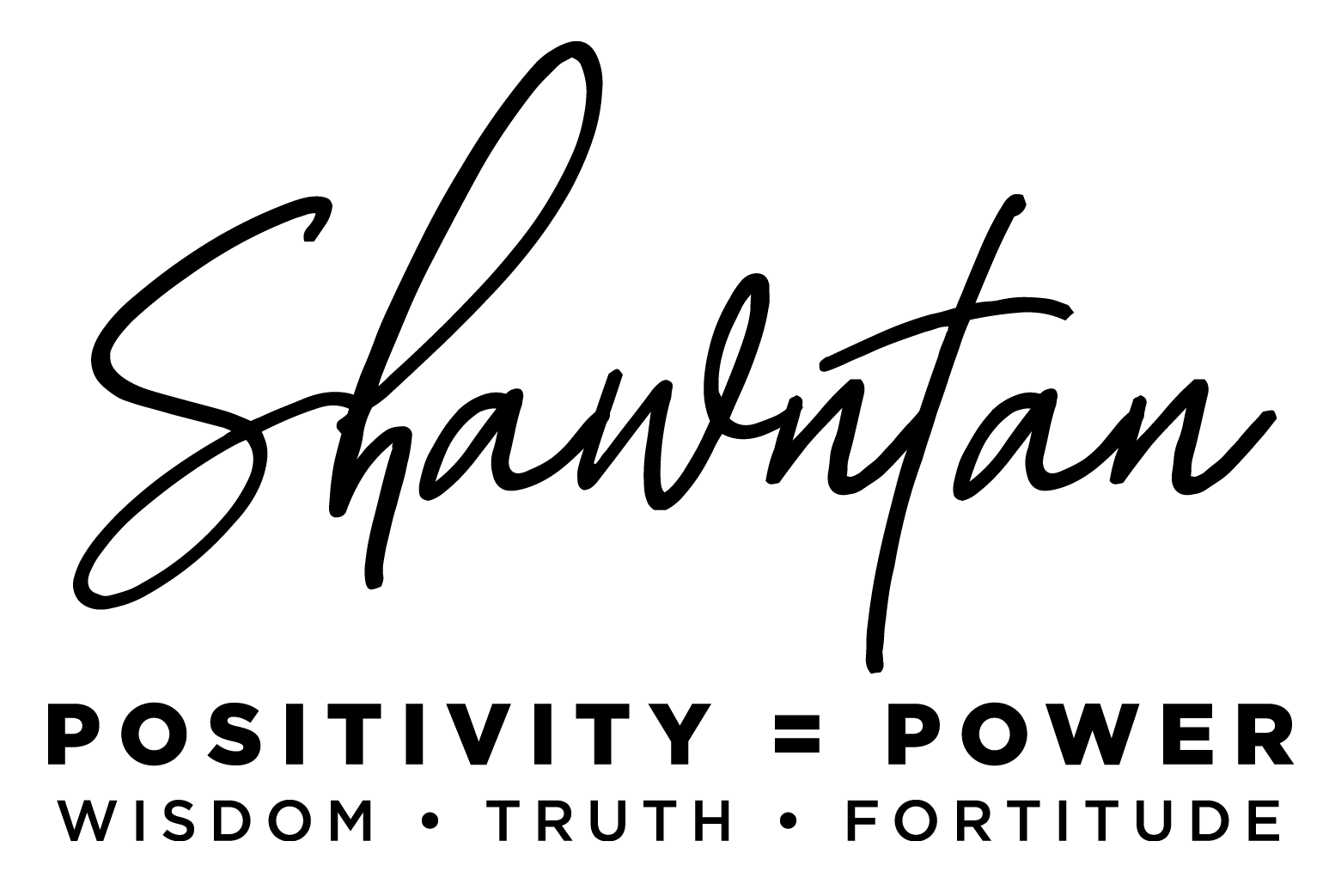1. You chose “Take up Space” as your personal motivation that most exemplify you and how you show up for others. Please explain why.
As a white woman, my first thought about the idea of “taking space” as an option for coping with these WTF moments was “I think I need to take less of it”. As I thought more about it, I realized that my privilege has influenced how I show up and take space, and while I am working on taking less in certain situations, I still struggle with taking space in some areas of my life. It’s been a journey that has really shaped who I am and how I show up for myself and others.
2. When did you first notice this quality in yourself?
As an introvert and highly sensitive person, I learned early on that it was best for me to ignore my fears and get loud to get my needs met. There were times this worked, and times where it definitely did not. Now, I am a confident person who has developed (for good or ill) a reputation for giving my (mostly work related) opinions, whether there’s interest or not. I am a fierce advocate, talented public speaker and a leader in my community. At the same time, in personal situations, I get very anxious about bothering other people who may want quiet, worry about leaving too much of a mess in airbnbs (really, excessively clean, look up my reviews) and don’t want to make anyone around me feel uncomfortable.
3. Please share a story that exemplifies this quality in yourself.
I was bossy as a little kid, I felt confident asking others to play by my rules and to lead the stories and plotlines from my imagination- I had some incredible barbie storylines and sagas that went on for months. I can’t pin it down, but I remember the power I felt the first time I presented a project to a class in middle school and overcame my nervousness. It was like leaving my body – I loved the freedom I felt when I spoke from my heart and was heard. I also learned that others were interested in what I had to say. Teachers complimented me and called on me to hear my opinion (there’s the privilege).
4. How do you exhibit this motivation in your daily life?
I had a high school civics teacher who learned he could count on getting me riled up on some controversial topic, in the name of classroom debate. While it was cathartic and reinforcing, even at the age of 16 I realized this could be exploited, and when I- confidently- approached the teacher to tell him it made me uncomfortable to use me to fuel these conversations, he said that he wanted my classmates to hear different perspectives before they went out into the world, that for some this might be the only time they will hear another viewpoint. I was flattered, but that’s when I started taking up space for external, not internal, reward. Ironically, it was during this time that I struggled with an eating disorder, physically trying to quite literally shrink my space in the world.
I have grown a lot since then and cherish my self confidence, and as I become more aware of this power I have, I have learned to use it to support my best interests and to serve others. My self confidence and willingness to put myself out there, whether it’s applying for jobs that I am just barely qualified for and saying yes to being at tables so full of experts it would terrify me if I thought too much about it- has gotten me very far in life. I chose Social Work as my career and ever since I started, I keep seeing how dysfunctional our systems are and how they hold others down. I have realized the incredible amounts of privilege I have- because of my skin color, the way others encouraged me to speak out and invited me to tables- can be used to further the change I hope to see in the world. It has inspired me to take jobs where I can make a bigger, more significant impact on the world and my own community.
5. How do you encourage others to “Take up Space?”
I am now in the position to open doors and encourage others to go through them. It starts with the obvious- monitoring how much actual space- and air time- I’m taking in any given conversation, even if that means sitting on my hands or biting my tongue to do it. And then becomes more subtle, recognizing the situations in which I can support someone by making or boosting space in those situations where I have more privilege. For example, I regularly find myself at tables with elected officials and other high level, high impact leaders. It’s easy to forget about how much that table matters to those who are not usually in those rooms. I have made it my mission to elevate the voices in the room who may only have one shot to be there. If they have an opinion or idea, I encourage them to take the space by asking open ended questions. “That’s an interesting thought, can you say more?” or “Hey, let’s not blow past that idea, I want to go back to that”. So often these types of rooms can be echo chambers, high powered people wanting to make their opinions heard. Boosting other’s voices can help reorient us to the work, and frankly, brings fresh air into the room, and we end up with a better product. So. While I am still working on taking basic space for myself in every day life, I know that encouraging others to take up the “big” space, which has become second nature for me, can lead to real, transformational change, and that’s my goal.







